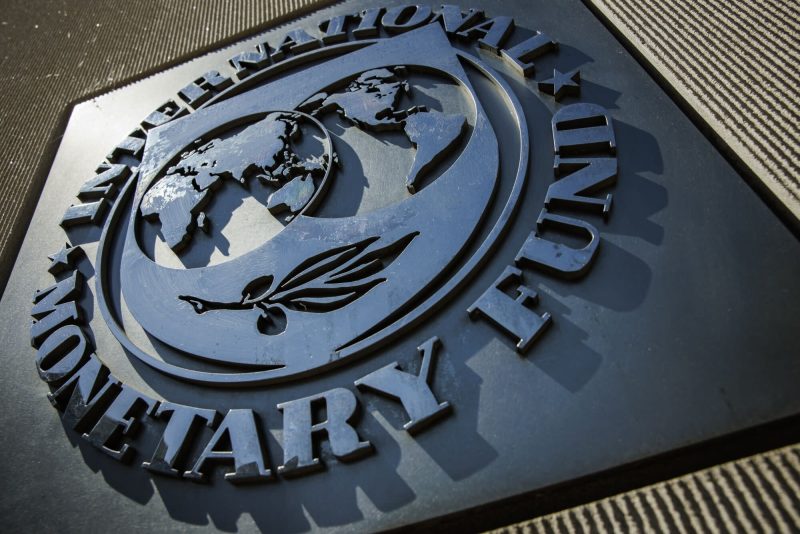TSA Eases Compliance for Airfreight Intermediaries, Allows Triennial Renewal
The Transportation Security Administration is easing the compliance burden on airfreight intermediaries by allowing the logistics businesses to submit applications renewing security credentials once every three years instead of annually, according to a recent regulatory notice.
The rule change, recently took effect, impacts about 3,800 indirect air carriers registered with the TSA. The companies receive and consolidate cargo from multiple shippers and tender them to various airlines for transport, as well as arrange ground transportation.
The TSA said the change will save the industry about $5.5 million over 10 years in terms of work hours utilized but will not have a negative impact on aviation security. It will also reduce the administrative burden on the TSA itself.
Air forwarders are vetted by the TSA to make sure they are legitimate businesses and to determine whether any personnel pose a threat to transportation security. The logistics companies are required to implement approved security protocols to ensure no explosives or other suspicious material are in packages tendered to aircraft operators. They are responsible for educating and training employees on security procedures.
Under federal rules, indirect air carriers must annually renew their registration for the security program, which is a prerequisite for shipping goods by air.
The Airforwarders Association supported the rulemaking in written comments filed with the agency. It argued that the triennial renewal cycle coincides with the certification cycle for the Certificated Cargo Screening Program, which allows approved companies to inspect shipments upstream from the airport instead of leaving the task to airlines and causing backlogs.
“Aligning the renewal periods … allows TSA and indirect air carriers to derive cost efficiencies by reducing the administrative burden in processing renewals for each security program,” the AfA said.
The Air Line Pilots Association opposed the new registration schedule, saying that a change could reduce opportunities to discover evolving security threats and that high turnover rates among staff require TSA audits and training verification on an annual basis. The four hours per year it takes companies to file the renewal paperwork is not a meaningful burden on industry, it added.
“An effective air-cargo protective system must focus on the entire supply chain, discover opportunities for, and provide reasonable measures to prevent or interrupt malicious acts, not reduce the oversight and opportunities to discover evolving security threats. ALPA emphasizes that safety and security must not be compromised on the basis of economic relief and recommends that TSA refocus its attention on considering ways to increase aviation cargo security,” the union said in its submission.
The TSA responded that indirect air carriers are still subject to regular inspection and enforcement programs regardless of the renewal schedule.
Under the final rule, every air forwarder will be subject to at least one triennial comprehensive inspection, two targeted annual inspections in other years and possible supplemental inspections by the agency as warranted.


